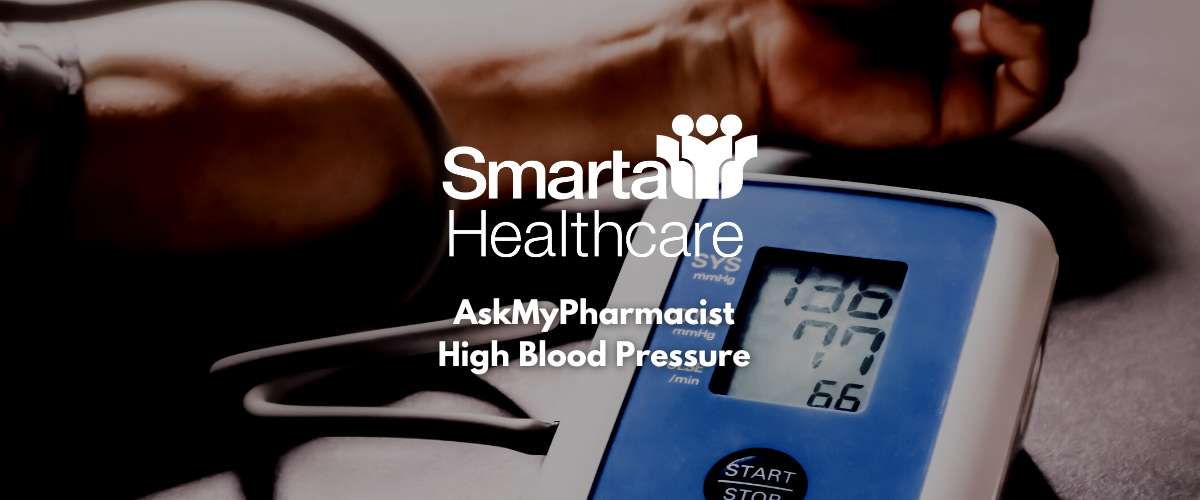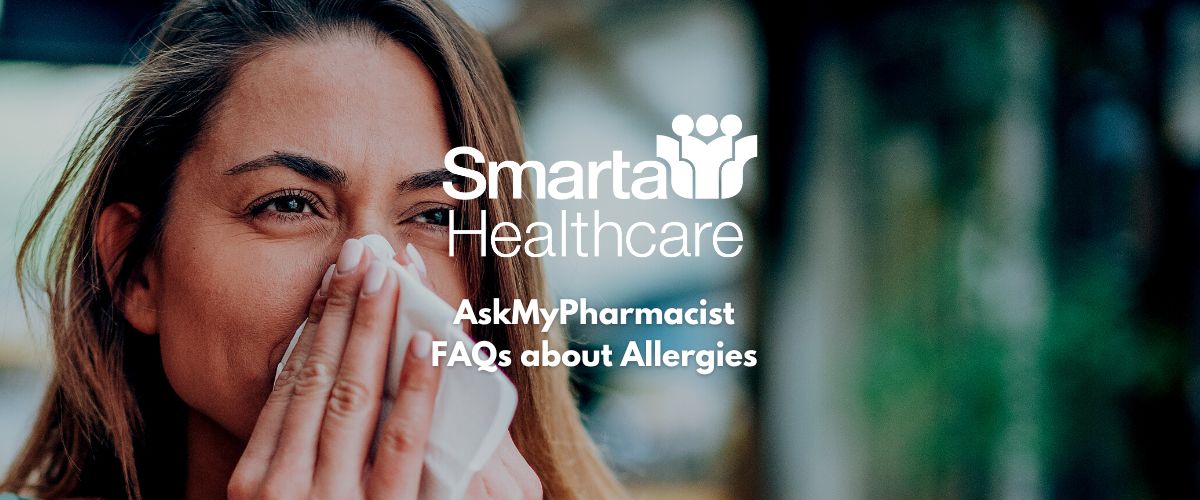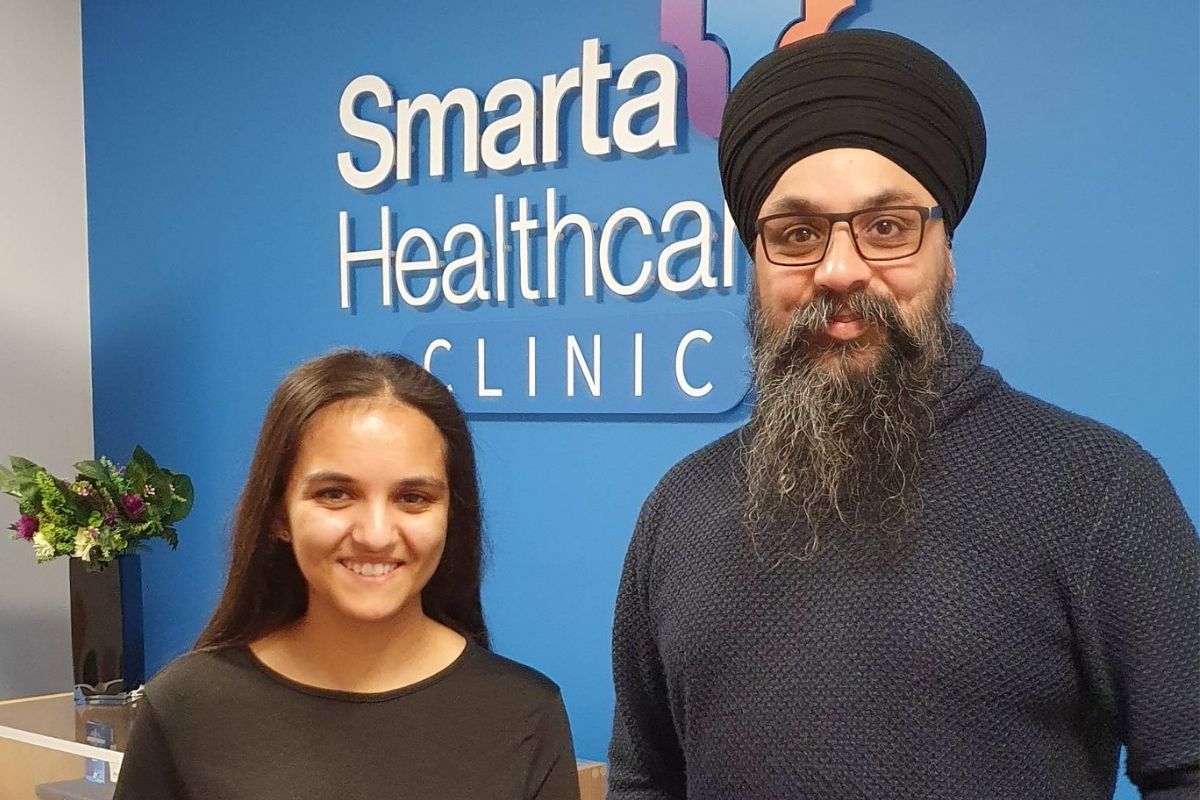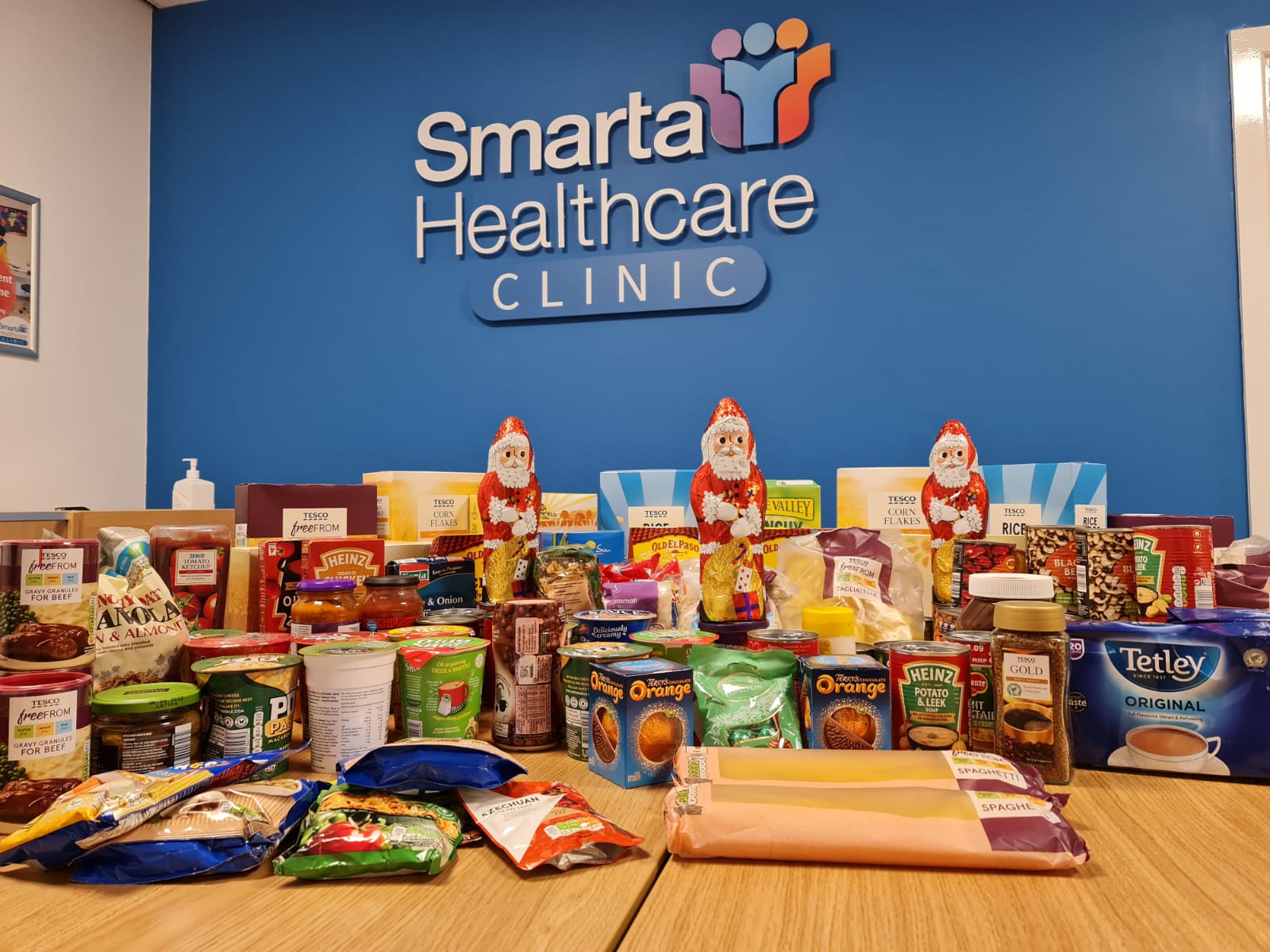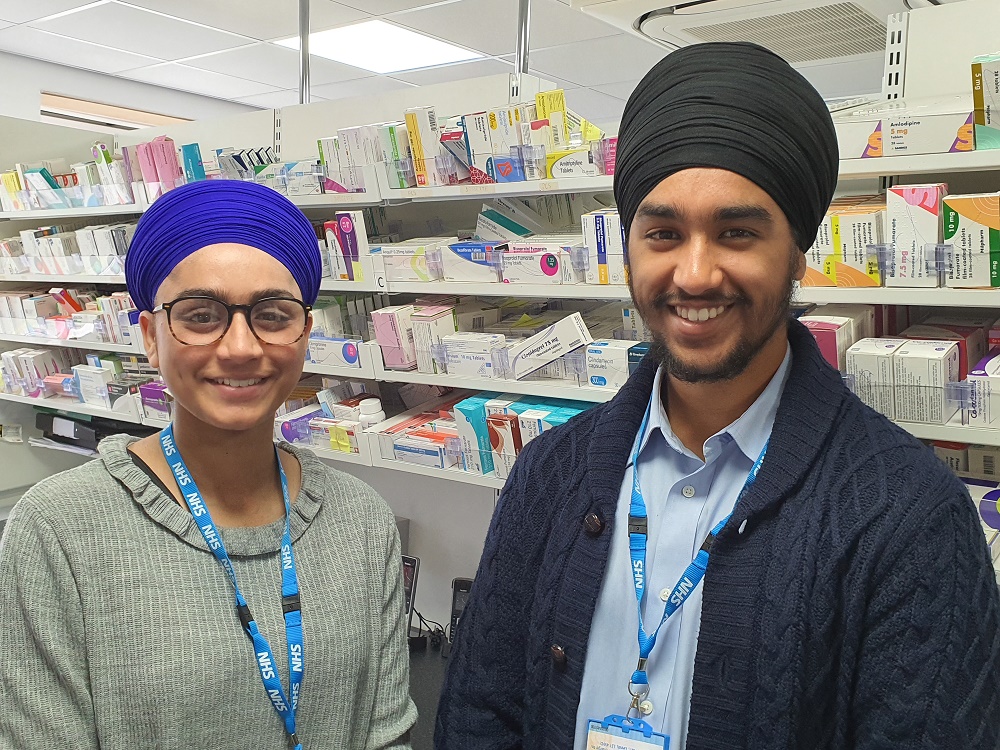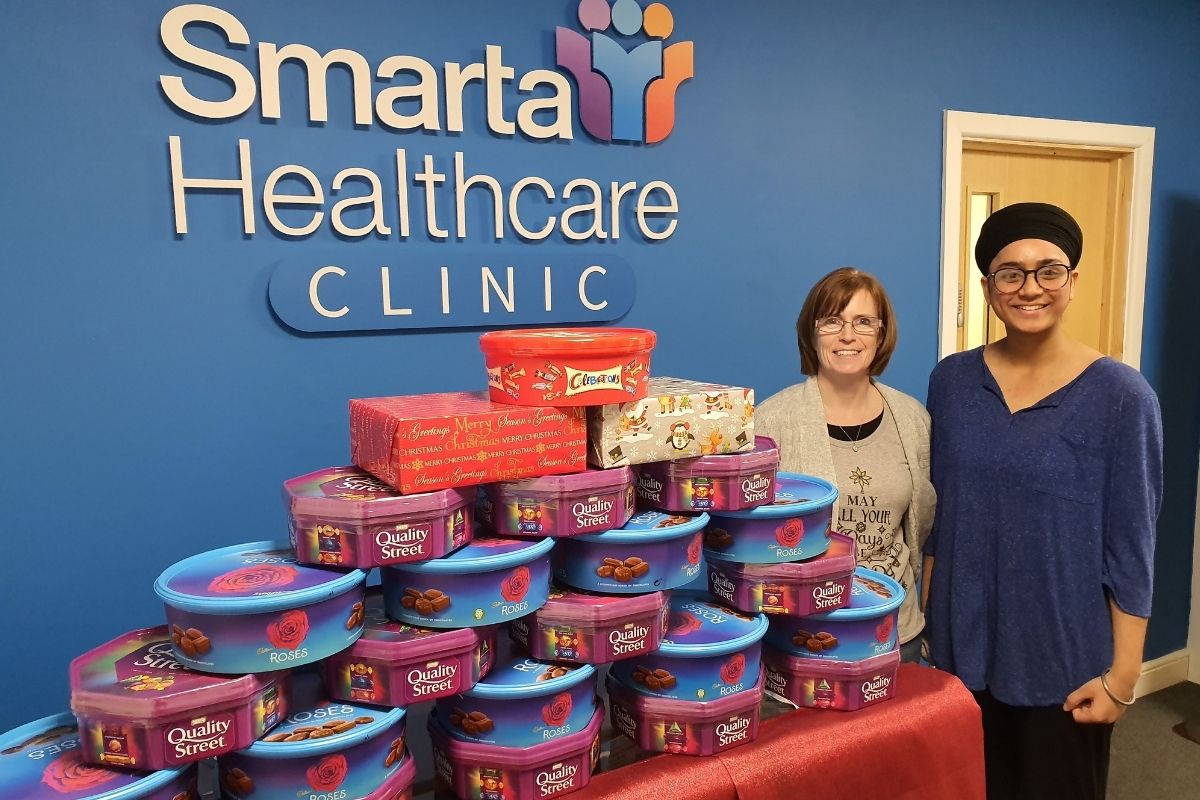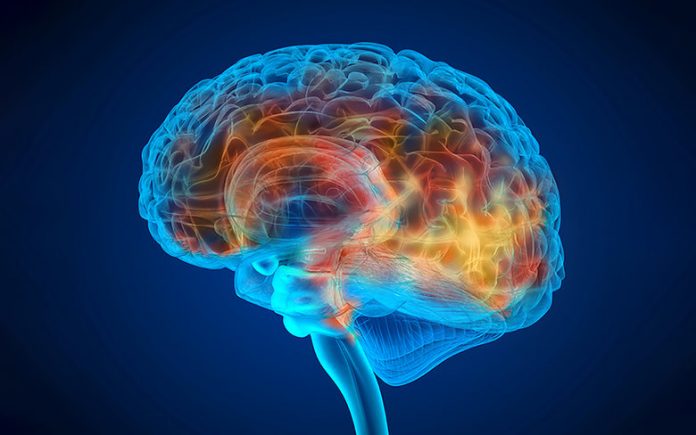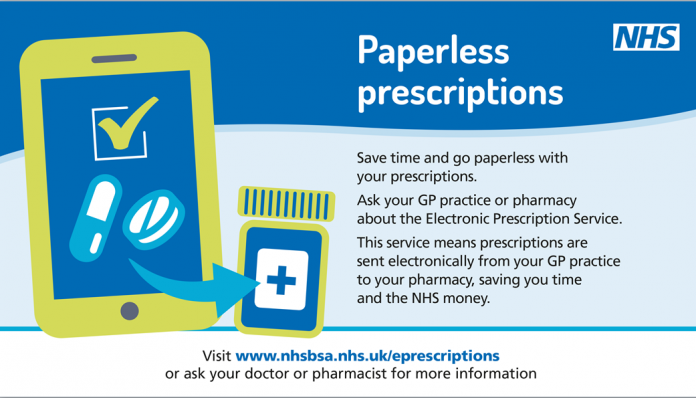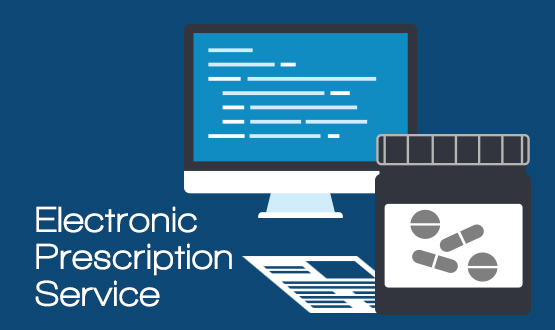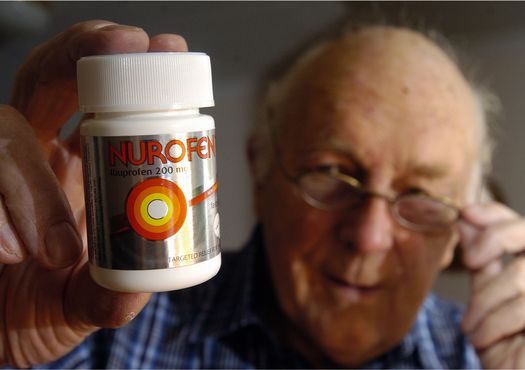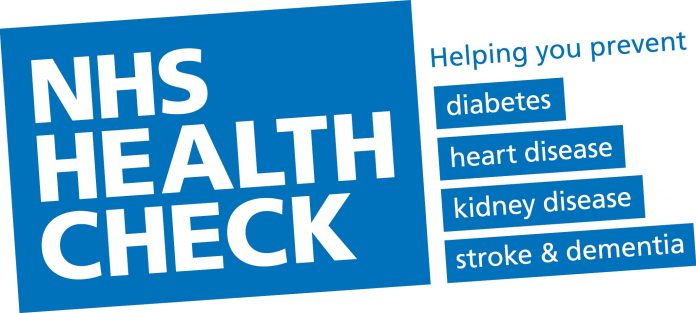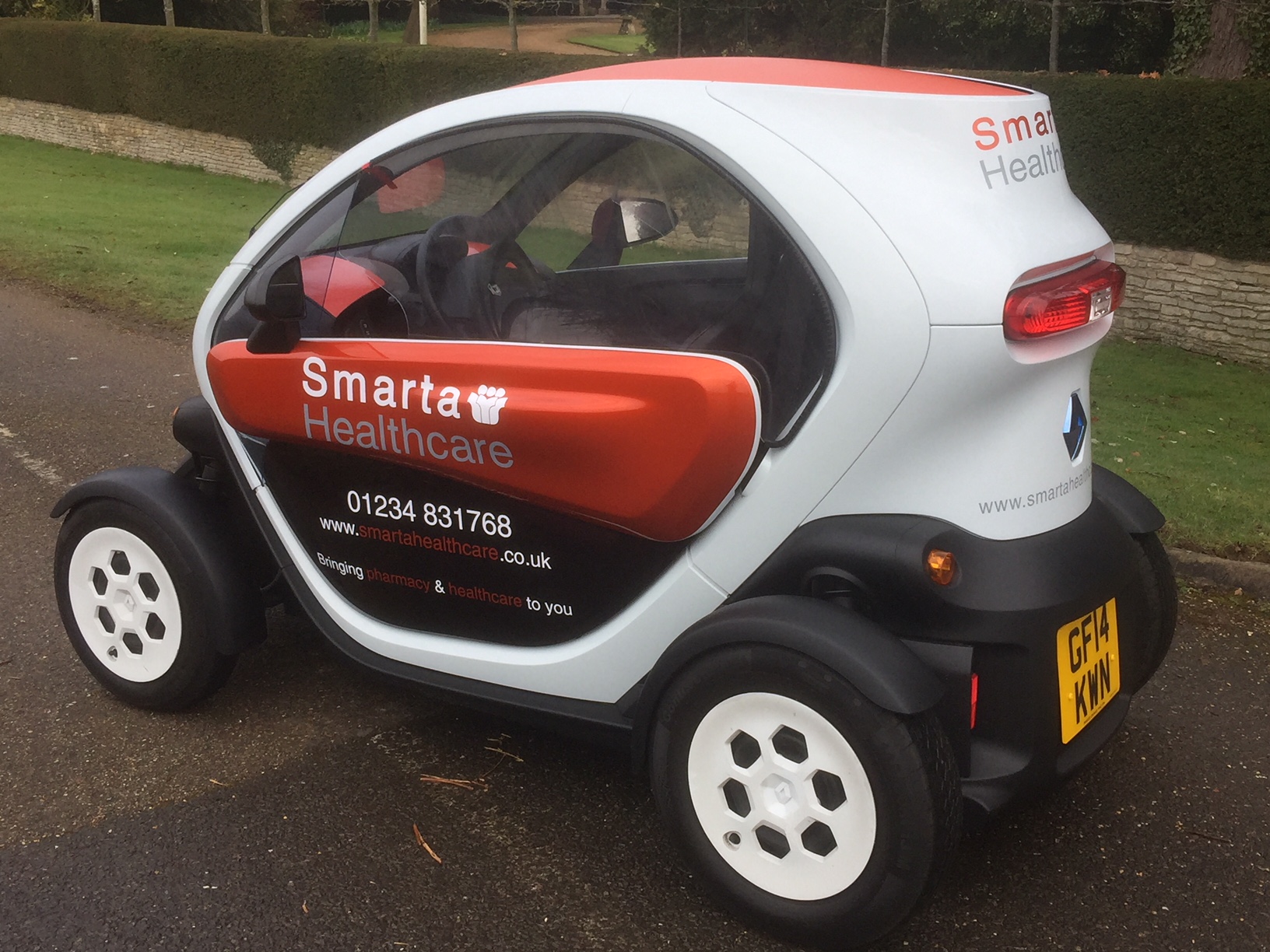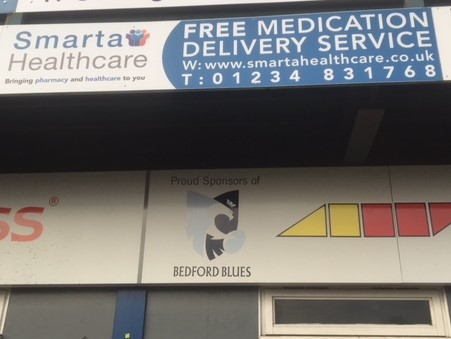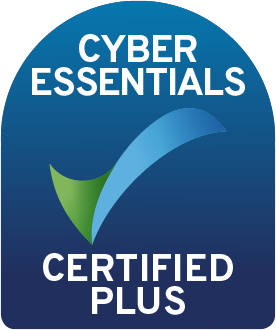Four powerhouse vitamins and minerals to boost your immune system and stay healthy

Nurturing a healthy immune system is more important than ever before and many of us are exploring natural ways to strengthen our bodies against infection. COVID-19 has brought new health fears for many and now is a great time to increase your knowledge around the health benefits of some of the key vitamins and minerals our body’s need to function properly, stay healthy and help fight disease and infection.
There have been many studies around key vitamins and minerals to help fight COVID-19. Most studies are still in progress but there is no doubt these four essential vitamins and minerals will boost your health and immune system.
For each of the four vitamins and minerals we detail what they are, how they supports our body and health, their existence in natural food sources and daily supplementation ideas. Consistency is key, so we try to offer clever ways to make supplementation part of your daily routine.
Vitamin D
What it is: Often referred to as the ‘sunshine vitamin’ as our body produces vitamin D naturally when exposed to the sun.
How it helps: Vitamin D is essential in keeping bones, teeth and muscles healthy and regulates the amount of calcium and phosphate in the body.
Foods rich in vitamin D: milk, eggs, cheese, oily fish – salmon, mackerel, sardines, fortified foods (especially relevant for vegans – cereals, spreads, soy milk, almond milk and rice milk). Mushrooms are a great source of vitamin D also.
Health fact: UK scientists are calling for ministers to add vitamin D to common foods, following the lead of other countries such as Finland, Sweden and the USA. Fortifying food such as flour, milk and oil would help battle the ever-growing problem of vitamin D deficiency, and help to protect people against disease and infection.
Supplementation: Getting vitamin D during the winter months in the UK is difficult. To benefit from the sun’s rays, we need 20 minutes of midday (summer) sun several times a week, with up to 50% of our skin exposed to the sun. This is why it is so important to consume vitamin D rich foods to maintain health levels in the body, or to supplement where necessary.
Vitamin C
What it is: Also called ‘L-ascorbic acid’, vitamin C has a very long list of important roles in the body.
How it helps: A potent anti-oxidant that detoxifies the body from daily exposure to environmental factors and chemicals and well known for its role in maintaining a healthy immune system. The body consumes a highly volume of ascorbic acid when fighting infection and supplementing on a regular basis can help support the immune system.
Foods rich in vitamin A: vitamin C is not made naturally in our bodies and so must be consumed through food sources to avoid serious health problems. Vitamin C or ascorbic acid can be found in peppers, oranges, kiwis, dark green veg such as broccoli, kale and spinach.
Health fact: Vitamin C is important as it helps the body absorb and store iron and essential to create collagen, which is used to heal wounds and maintain healthy skin, gums, bones, and blood vessels.
Supplementation: Find a pure, organic Ascorbic Acid and take in your water throughout the day. One quarter of a tea-spoon is 1 gram. 3 grams throughout a normal day and up to 10 grams when fighting infection.
Magnesium
What it is: Important for many processes in the body including regulating muscle and nerve function, blood sugar levels and blood pressure, making protein, bone and DNA. Magnesium is found mainly in our bones, muscles and blood.
How it helps: Magnesium is required for energy production and plays a role in the active role of calcium and potassium ions across cell membranes, important for muscle contraction including a normal heart rhythm.
Foods rich in Magnesium: Nuts and seeds give the highest concentration of magnesium including pumpkin seeds, chia seeds, almonds, cashews and peanuts. Spinach and fatty fish, tofu and vegetables such as: lentils, beans, chickpeas, peas and soybeans are excellent sources of magnesium, plus whole grains such as buckwheat and quinoa.
Health fact: The main signs of magnesium deficiency are hearing problems, weak bones, migraines, fatigue, muscle cramps, restless legs, intense PMS, high blood pressure and an irregular heartbeat.
Supplementation: A great way to supplement magnesium is by bathing in organic Epsom salts. The magnesium ions break apart from the salt molecules and begin to relieve stress by promoting the production of serotonin and reducing the effects of adrenaline. Organic liquid forms of Magnesium are also available and said to be highly bio-available/high absorption rates.
Zinc
What it is: A mineral found in cells all around the body.
How it helps: Essential for good health and required for the functions of over 300 enzymes and involved in multiple processes in our body. Zinc metabolizes nutrients, maintains our immune system and grows and repairs body tissues.
Foods rich in Zinc: Naturally found in red meat, vegetables such as chickpeas, lentils and beans, tofu, lentils, oatmeal, quinoa,spinach, shellfish – oysters, crab and lobster and most seeds, nuts, diary, wholegrains and dark chocolate.
Health fact: Like vitamin C, our body doesn’t store Zinc, so we need to eat enough every day to ensure we meet our daily requirements.
Supplementation: Some liquid Zinc is absorbed well by the body (highly bio-available) and can be added to drinks throughout the day.
At Smarta Healthcare our goal is to help everyone access a range of healthcare information and medication to support your physical and mental wellbeing. Our free pharmacy helpline is just a phone call away and any questions you have about minor ailments or issues with existing medication or prescriptions, one of our friendly healthcare advisors is ready to help. Call us: 01234 831 768 email us: [email protected]






